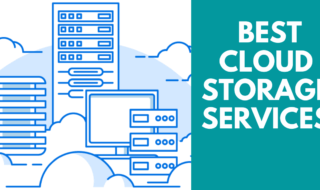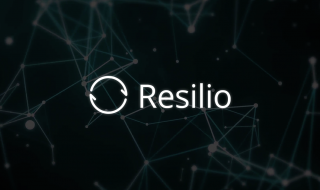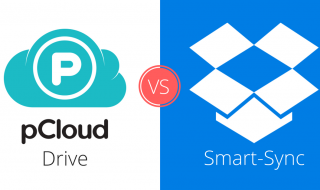Considering the fact that businesses today have more data than ever that they need to process and analyze, it is integral that companies of all types and sizes adopt efficient ways to manage their data. Owing to major advancements in information technology, there is a way to do just that.

One of the best ways to easily and securely access and back up your data is by using NAS storage solutions. If you are wondering what is NAS and how it can help your business needs, you are in the right place. In this article, we provide a comprehensive overview of NAS and the important features and capacity you need to know when buying a NAS device.
Contents
What is NAS?

NAS stands for network attached storage and refers to a local data storage device that is connected to either a local network or the internet. It allows only authorized individuals to access the data using a web browser and also permits multiple people from accessing data at once.
NAS devices continually back up data, which means that data loss is nearly impossible and you don’t have to manually schedule backups. This is done through data storage technology called RAID, which is short for a redundant array of independent disks, which allows data to be stored on multiple drives in the same system.
Additionally, as your business needs change, you can make adjustments to your NAS solution to increase the space available for storing data.
Key NAS components and choosing the right NAS

Generally, NAS systems are comprised of both hardware and software. Hardware includes the processor, memory, network ports, and drives, and the software includes the operating system and the general software plus security measures. These components and their different types determine the type of NAS you end up buying.
When choosing your NAS system, you should ideally answer the following questions:
How much storage capacity do you require?
You will need to estimate how much storage space you need based on how much business data is created every day. This will determine the minimum number of drive bays you need in your NAS system. More importantly, you need to know that NAS systems can be bought with or without drives, and the decision depends on the buyer’s needs in terms of the size and type of drives you require. Remember that different NAS models can support different numbers of drives, which is indicated by the model name.
What drive capacity do you need?
When determining how much drive capacity you need, you need to not only have a fair idea of the storage you require, but also the average annual growth rate of data. This can be done by adding your current storage across different systems and multiplying it with the data growth factor. Generally, larger drives and more bays mean greater storage capacity for the future.
What level of performance is ideal for your business?
The level of performance of NAS systems is dependent on your business needs and workflow. For instance, if you have multiple users and plan on using encryption, compression, and other complex functions, you should opt for a larger NAS system with higher capacity processors and memory.
How much speed do you require?
The speed is determined by the network ports in your NAS device. Basically, the greater the number of network ports or expansion ports, the faster the speed and performance.
Advantages of NAS
NAS systems are great for enhancing and centralizing business data storage, and making it easier and faster to access and manage large amounts of data. It is also an affordable way to store data compared to regular hard drives and other solutions, which means that you are sure to get the most bang for your buck.
Additionally, NAS is also a powerful solution for securing your data from getting lost or hacked by offering excellent data backup and data security measures. More importantly, NAS systems are pretty simple to use and are built in a way that makes them user-friendly, which means that you don’t need to be a tech expert in order to install and use a NAS device in your day-to-day business operations.
The bottom line
Purchasing a NAS device for your data storage needs is an excellent decision to safely and securely store and access your business data anywhere, anytime. Whether you have just launched your startup or have a growing and expanding business, solutions like NAS should definitely be part of your wider IT strategy. Just remember to always check the credibility and reliability of the vendor when buying your NAS device.



